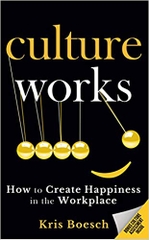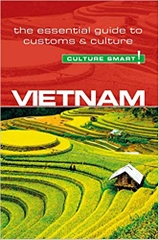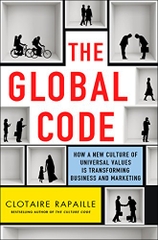-
-
-
Tổng tiền thanh toán:
-
-
Thông tin
-
Tìm sách theo yêu cầu
Why do some westerners seem to have a better relationship with Indigenous people than others? Using a narrative research methodology, the author explores the experience and wisdom of eight such participants to come to an understanding of why. He uses a broad sweep of ideas from anthropology, ethnohistory, multicultural education and cultural studies of science education, together with a model of identity learning. From anthropology the author traces 'marginal man' and 'middleman' to modern equivalents, border crosser (and hybrid) and culture broker. He uses a theory of identity learning to look at the response to culture shock as a passage into another culture (or not), a theory which includes both cognitive and affective or emotional components. The participants' narratives are examined for early influences which brought them into contact with the indigenous peoples in the countries where they live. Considering that they experienced border crossings when working cross-culturally, they are located within a spectrum of border crossing positions. The participants' ideas about being culture brokers are explored, along with their experiences in that role. These are organised into five areas leading to a deeper understanding the role of the culture broker. Finally, the participants consider how teachers in particular should behave in cross-cultural settings and the types of experiences they needed to become effective teachers and border crossers.
Tại web chỉ có một phần nhỏ các đầu sách đang có nên nếu cần tìm sách gì các bạn có thể liên hệ trực tiếp với Thư viện qua Mail, Zalo, Fanpage nhé
Đăng ký nhận tin qua email
Hãy đăng ký ngay hôm nay để nhận được những tin tức cập nhật mới nhất về sản phẩm và các chương trình giảm giá, khuyến mại của chúng tôi.












